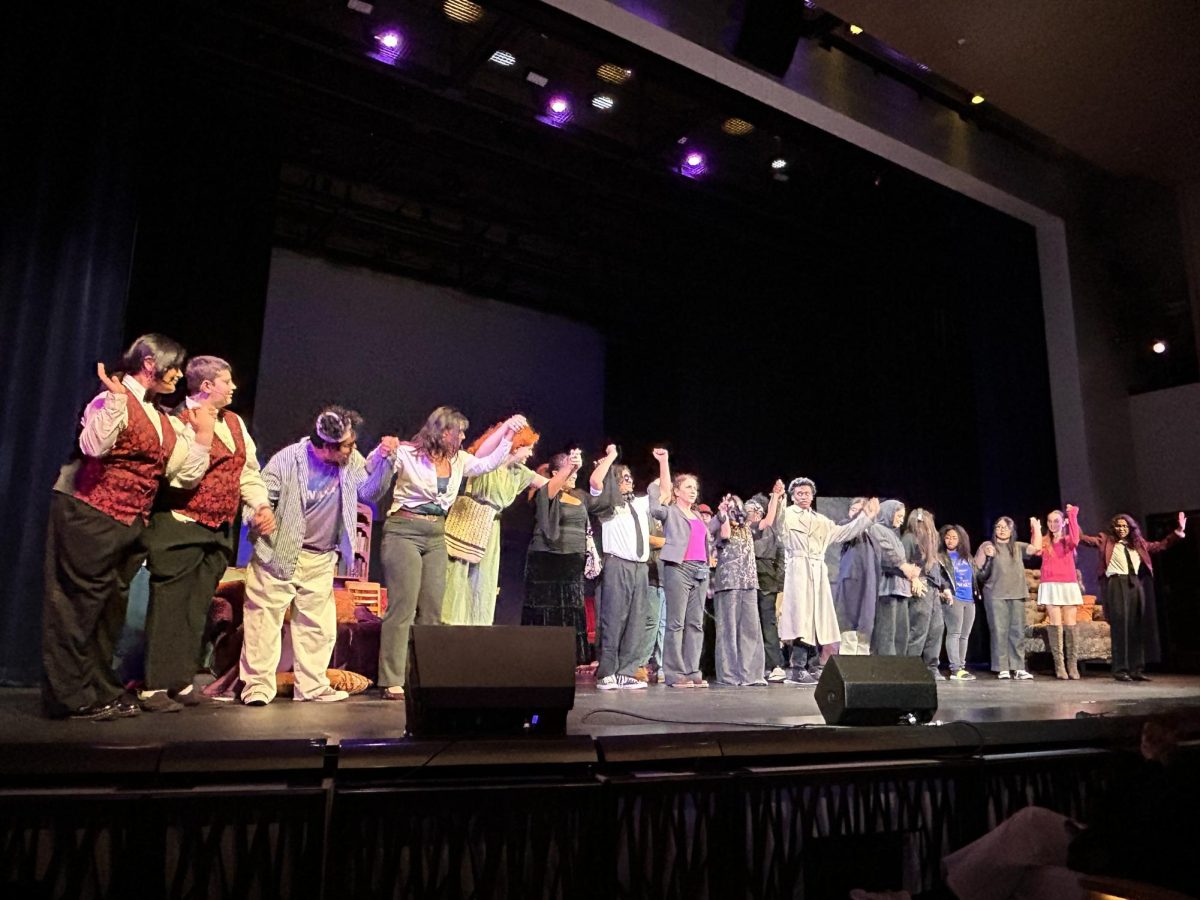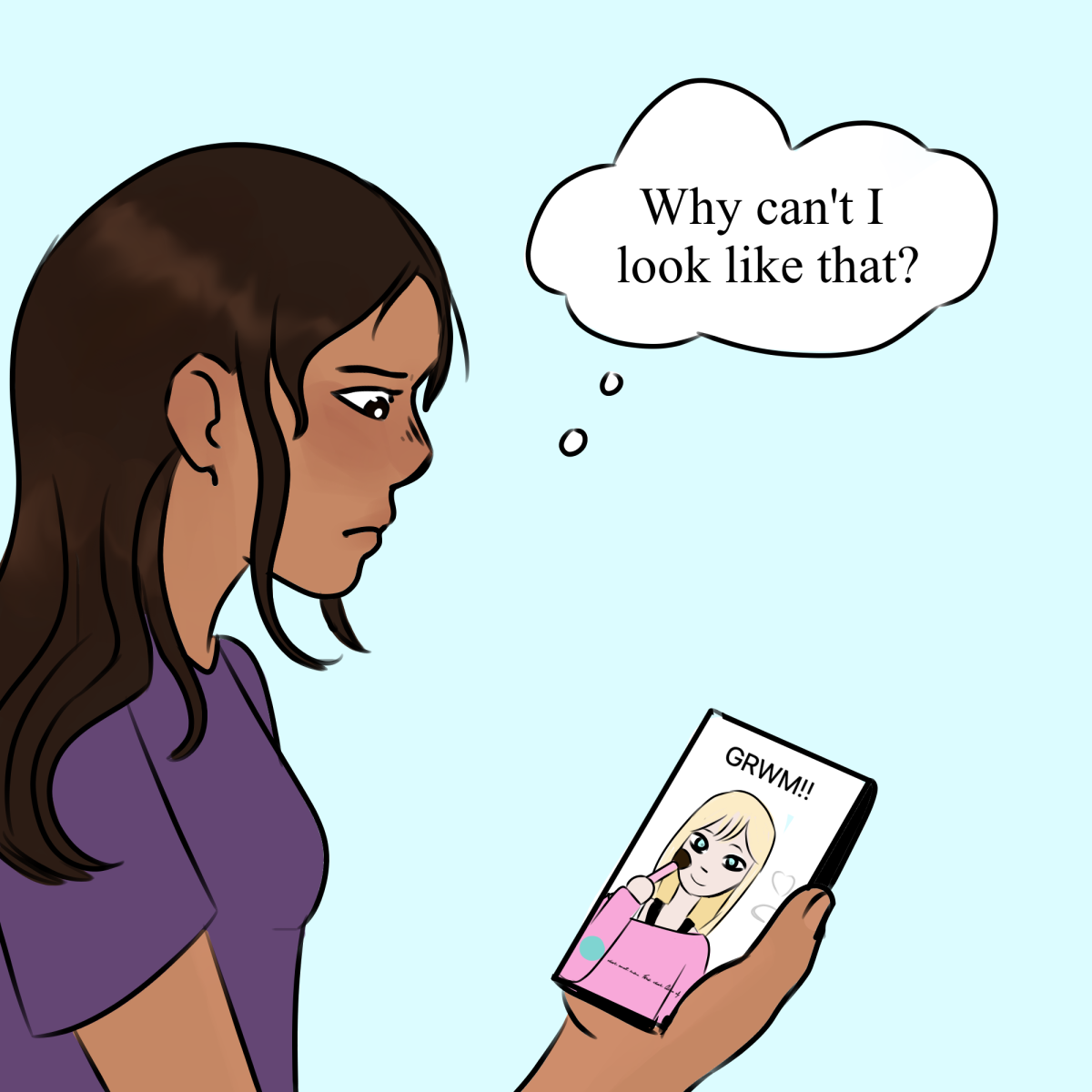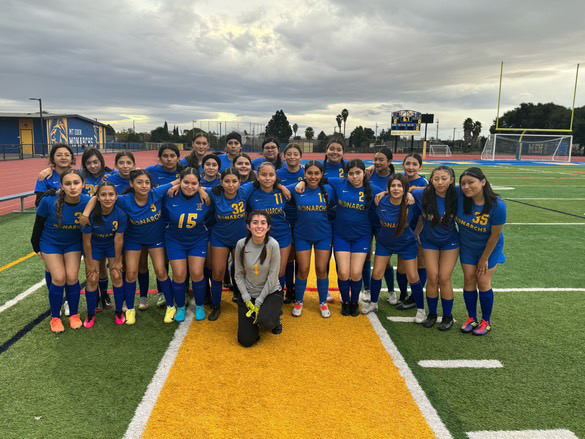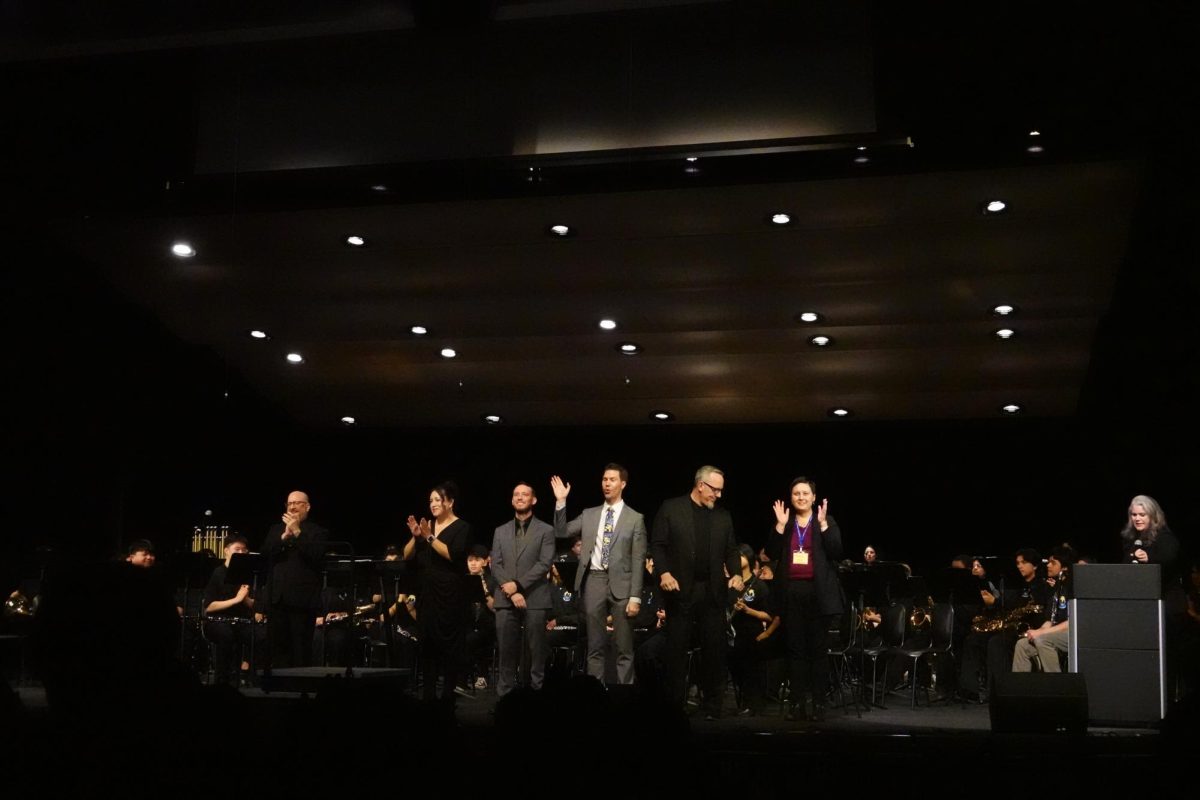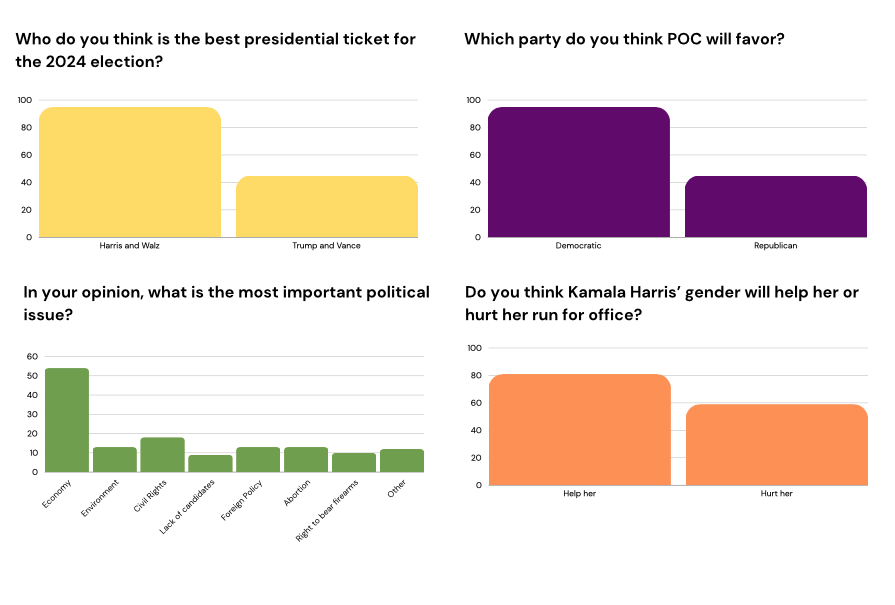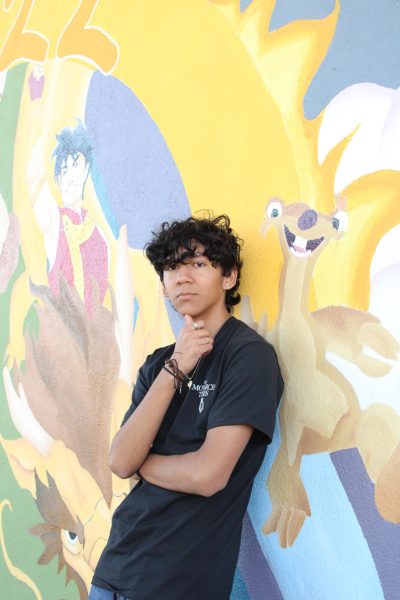On October 7, 2023, Hamas, recognized by the US as a terrorist organization, initiated a major assault on Israel. They launched rockets and sent armed militants to attack civilian areas, resulting in over 1,400 Israeli casualties and the kidnapping of 200 people. In response, Israel declared war, targeting Hamas and Islamic Jihad in Gaza. The conflict escalated with Israeli strikes, which cut off water and fuel supplies to Gaza. Since the commencement of the Israeli operation, Gaza has witnessed the loss of over 30,000 Palestinian civilian lives, including more than 12,500 children and 7,000 women. Additionally, around 7,000 individuals are unaccounted for and presumed dead beneath the wreckage of demolished structures, despite Israel’s stated focus on militant targets. The subject remains a topic of intense debate. However, it shouldn’t be; Israel’s invasion of the Gaza Strip is undoubtedly an attempt at genocide—and the international community has so far failed to properly respond to Israel’s genocidal attacks. But what exactly is a genocide, and how does Israel’s invasion qualify as one?
According to the United Nations (UN) definition, genocides attempt to destroy in part or in whole, a national, ethnical, racial, or religious group by means such as: killing members of the group, causing serious mental or bodily harm to members of the group, inflicting life conditions that will destroy the group, etc. Despite the Israel Defense Forces (IDF) officials’ claims that Israel’s offensive is an act of self-defense, Israel’s invasion of Gaza very clearly fits these criteria for genocide: Bombing designated safe spaces —and nearly all of the region— intended for civilians, killing Palestinian women and children by the minute through starvation, and preventing food, water and medicine from getting through using the Gaza blockade, all seem to be genocidal in intent, regardless of any claim to self defense. Murdering 30,000 citizens isn’t self defense, it’s genocide.
Genocide was officially acknowledged as a crime under international law in 1946 by the UN General Assembly. Subsequently, it was established as a distinct and punishable offense in the 1948 Convention on the Prevention and Punishment of the Crime of Genocide, commonly referred to as the Genocide Convention. The United States is among the states that have ratified the convention, yet actively supports the genocide.
A grave humanitarian crisis has emerged, marked by the collapse of healthcare services, scarcities of essential resources such as food, clean water, medicine, and fuel in Gaza due to the blockade. The region faces electricity and communications blackouts, with the UN sounding the alarm about the looming risk of famine. Reports indicate that despite prior instructions from Israel for Palestinians to evacuate certain areas, there is now perceived to be “no safe place in Gaza” as these regions have been targeted. The significant civilian casualties have prompted global condemnation, with rightful accusations of war crimes directed at Israel not only from individuals worldwide but also from various countries.
Concerning the international community’s responses to Israel’s invasion, the most significant event has been South Africa’s genocide case against Israel which was brought to the International Court of Justice (ICJ) on December 26, 2023. South Africa described the situation in Gaza before the invasion as a 75-year apartheid, 56-year occupation, and 16-year blockade of the Strip. The ICJ then requested that Israel take all measures necessary to prevent genocidal acts on January 26, 2024. However, this still does not solve the problem. Meanwhile, the U.S. supports the genocide in Gaza by offering billions in military aid to Israel, an act criticized by many Americans who have taken to the streets to protest.
On February 25, 2024, a U.S. airman by the name of Aaron Bushnell who had been in active service since 2020, self-immolated —that is, set himself on fire— in protest of civilian casualties in Gaza outside the Israeli Embassy in Washington. Before setting himself on fire, he said: “I will no longer be complicit in genocide […] I am about to engage in an extreme act of protest, but compared to what people have been experiencing in Palestine at the hands of their colonizers, it’s not extreme at all.” Protests deploring the genocide have erupted internationally in the past four months following the beginning of the invasion. People around the world recognize the inhumanity occurring in the Gaza Strip, joining hands to demand a ceasefire and an end to the Gaza blockade—putting their own lives on the line in hopes of bringing awareness about the people who still suffer at this very moment during the Gaza genocide.
As protests against the atrocities in Gaza gain momentum worldwide, it becomes imperative for individuals to engage in some form of activism, whether through protests, advocacy, writing letters to representatives, or raising awareness through social media to condemn genocide and demand justice for its victims. By standing in solidarity and taking action, we can and should collectively work towards ending such atrocities and upholding the value of human dignity and rights for all. Above all else, the actions of our youth determine our society’s future. We, the youth, must all take action to create a future intolerant of genocide.






